
 I'm baffled. I'm working on a project that requires the use of strcmp and it doesn't seem to be working at all. Above you see an example in gdb where two characters are said to be unequal. Obviously similar results when I compare my two char arrays. Further, when I compare the arrays with themselves I also get false (name above is a char[8]). When I run strcmp within my code on the same array it produces the correct results but not in gdb (seen in the third image) I just need a lead on where to look/what to do.
I'm baffled. I'm working on a project that requires the use of strcmp and it doesn't seem to be working at all. Above you see an example in gdb where two characters are said to be unequal. Obviously similar results when I compare my two char arrays. Further, when I compare the arrays with themselves I also get false (name above is a char[8]). When I run strcmp within my code on the same array it produces the correct results but not in gdb (seen in the third image) I just need a lead on where to look/what to do.
Thanks.
edit: the two code fragments from the images:
print strcmp("S", "S")==0
print strcmp(name, name)==0